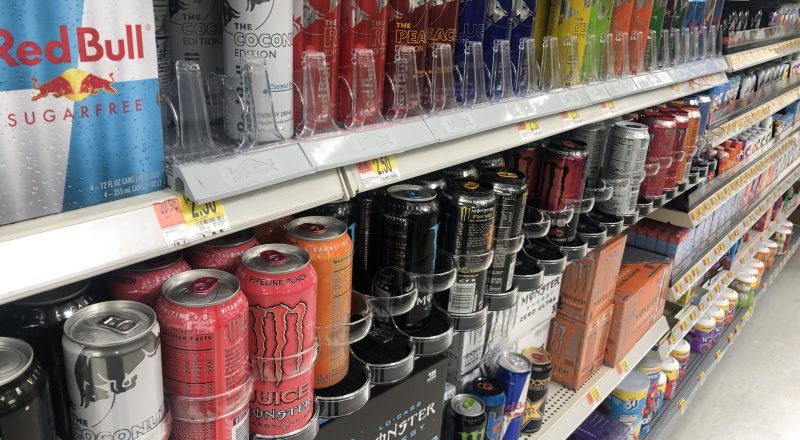Côte d’Ivoire: Why attack alcoholic energy drinks and turn a blind eye to the real dangerous substances?

Recently, Côte d’Ivoire has made a significant decision to once again ban the production, importation, and sale of alcoholic energy drinks. This interministerial decree aims to address growing public health concerns.
However, this measure raises questions about the attention given to other problematic substances, such as Tramadol, which remains readily accessible in the Ivorian market.
The consumption of alcoholic energy drinks, especially when combined with other hazardous substances, poses a significant health risk, particularly among the youth. Therefore, it is crucial to consume responsibly.
Meanwhile, Tramadol, a powerful opioid analgesic, continues to be freely and alarmingly available.
Abuse of Tramadol can lead to severe addiction and various adverse health effects, including neurological and respiratory disorders.
The ongoing availability of this drug highlights another public health crisis that authorities need to address with the same urgency, instead of focusing solely on alcoholic energy drinks.
To effectively combat Tramadol abuse, it is essential to tighten regulations on its distribution, conduct awareness campaigns about its dangers, and provide appropriate support for those who are addicted.
These measures should be more stringent than those applied to alcoholic energy drinks.
While the ban on alcoholic energy drinks has drawn criticism from observers, it is crucial for Côte d’Ivoire to expand its efforts to include a determined fight against Tramadol.
Fully protecting public health requires a comprehensive and consistent approach to all risky substances, rather than a double standard policy.











